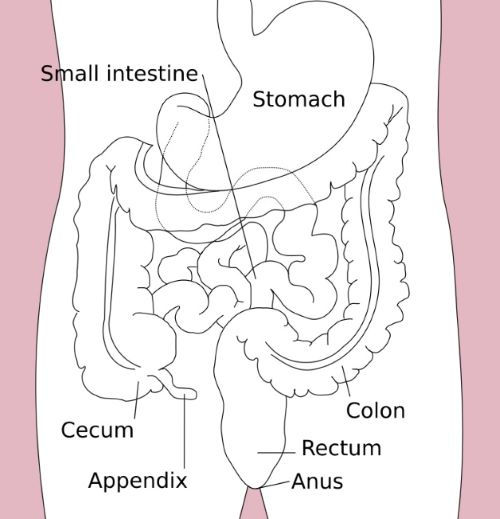Escherichia coli (E. coli): The Good Bacteria
- Sylvia Rose

- Feb 6, 2025
- 3 min read
Updated: Mar 5, 2025
Escherichia coli or E. coli are a benefit in the microbial world. Many strains are good for human health and the natural environment. Some dwell in the digestive system making up only 0.1% of microbes, but with vital functions.

E. coli is a type of bacteria in the Enterobacteriaceae family. It’s a rod-shaped, gram-negative organism, commonly found in the intestines of warm-blooded animals, including humans.
Discovered by Theodor Escherich in 1885, these bacteria are adaptable and live in diverse habitats. Over 700 strains are identified. Most are not only harmless but crucial to human health and ecosystems.

Characteristics and Properties
E. coli is a facultative anaerobe, found in both oxygen-rich and oxygen-free habitats. This adaptability is key to its survival in the intestines and other harsh or competitive environments.
It’s a motile bacterium, using flagella or whip-like structures to move. Under the microscope it can have a distinct wriggle, and often travels at a rapid rate, navigating skillfully through the crowded microworld.

E. coli is found almost everywhere in nature. This bacterium helps shape microbial communities, influencing nutrient cycling. Appearing in 95% of human feces, it's a key indicator of fecal contamination in water sources.
E. coli has a simple cellular structure and a single circular chromosome. These give the bacterium a distinct advantage, allowing rapid adaptation to change. It can form biofilms, helping it survive hostile environments.

Functions in Humans
In humans, E. coli is a core member of GI tract microbiota. It aids digestion by breaking down complex carbohydrates and synthesizing essential vitamins. Its functions include:
Vitamin Production: E. coli produces essential vitamins, particularly Vitamin K and some B vitamins, which the human bodies can't create. These are important for blood clotting, energy metabolism and nerve function.
Nutrient Breakdown: E. coli aids in breakdown of complex carbohydrates hard for humans to digest, extracting energy and nutrients from tough fibrous materials.

GI Tract Health: By colonizing the digestive system, beneficial E. coli strains compete with potentially harmful bacteria, preventing them from settling in to cause infections. They're a natural defense against pathogens.
Immune System Stimulation: Their presence stimulates the immune system, keeping it primed and responsive to potential threats.
In the environment, E. coli helps in nutrient cycling by breaking down organic matter for ecosystem health. In biotechnology, it's widely used to produce insulin and other recombinant proteins.

In the GI tract, E. coli consumes a variety of foods. These include sugars, amino acids as well as fibrous matter. Symbiotically, they excrete vitamins, short-chain fatty acids (SCFAs) and more for digestive health.
Butyrate, one of the short-chain fatty acids, maintains the integrity of the intestinal lining. SCFAs in the human GI tract are acetic, propionic and butyric acid (butyrate). They're the main energy source for intestinal cells.

Rapid Reproduction: How E. coli Multiplies
E. coli reproduces through binary fission. A single cell divides into two identical daughter cells. Under optimal conditions, at a temperature of around 37°C (98.6°F), this process can be fast, every 20 minutes or so.
Rapid reproduction rates allow E. coli to quickly colonize new environments and maintain a stable population in the digestive tract. Blooms of these beneficial bacteria are known to appear regularly in healthy intestines.

E. coli can undergo genetic mutations and horizontal gene transfer, which helps it adapt to new challenges. Some strains even acquire the familiar virulence factors.
Biotechnology
E. coli is a key player in genetic engineering, helping scientists clone DNA and produce proteins for medical therapies. Researchers are exploring the potential of genetically engineered E. coli.

Non-Fiction Books:
Fiction Books:
READ: Lora Ley Adventures - Germanic Mythology Fiction Series
READ: Reiker For Hire - Victorian Detective Murder Mysteries


